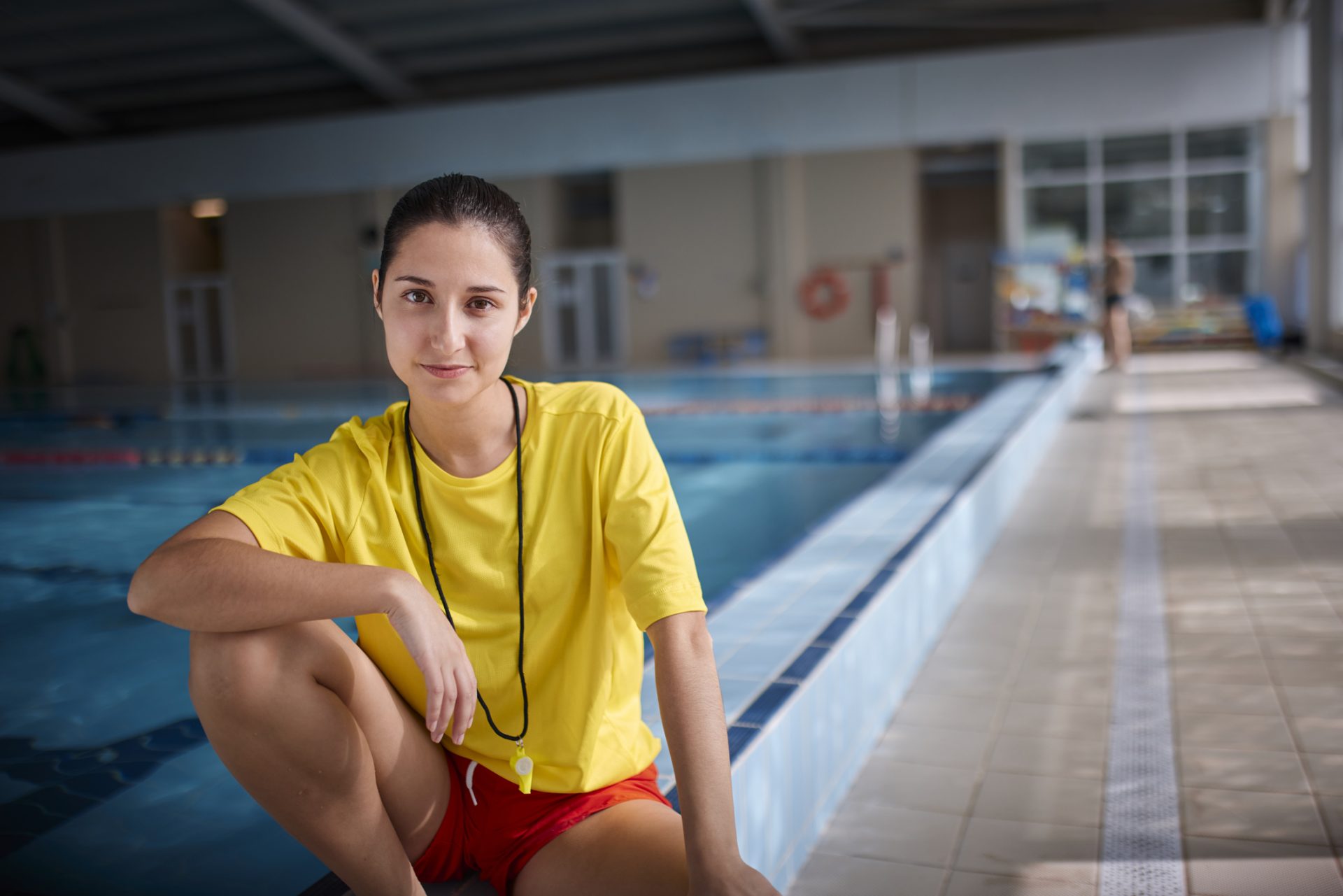Pool surveillance: a standard to reassure

Initiated by the French Ministry of Sports, the brand-new NF S52-014 voluntary standard helps operators of public swimming pools to organize a suitable safety system, and sets out best practices for effective professional pool supervision.
Operators of public swimming pools are subject to a number of regulatory obligations to allow young and old alike to dive into the deep end of the pool, whether heated or not. All public-access pools (municipal pools, water parks, etc.) and public-use pools (hotel and campsite pools, for example) are covered by the law, which requires “constant surveillance” of the water. But the law doesn’t specify how this monitoring is to be carried out,” explains Patrick Duny, specialist consultant and chairman of the AFNOR standardization commission on public swimming pools. It’s up to voluntary standardization to define appropriate monitoring methods.
For four years, a working group made up of municipal pool operators, lifeguard federations, academics, representatives of the outdoor hospitality industry and the French Ministry of Sports worked on the issue. The result will be a standard to be approved on March 15, 2023: the voluntary NF S52-014 standard, available in the AFNOR collection. The project follows on from the États généraux de l’encadrement et de la surveillance dans la filière aquatique, organized in response to the recruitment difficulties encountered by many operators,” explains Pierre Ollivier, deputy head of the sports ethics and public protection office at the Ministry of Sports and Olympic and Paralympic Games. A genuine practical guide, this standard aims to improve the training of lifeguards.
Gone are the days of the classic 25 x 10 metre pool
Especially as the rules are about to change. Until now, the holder of a national aquatic safety and rescue certificate (BNSSA) could only provide lifeguarding services by prefectoral dispensation, and for a maximum period of four months, if the operator was unable to recruit a qualified lifeguard (MNS). Faced with recruitment difficulties, a decree is currently being prepared to abolish this derogation, which will simplify the use of the BNSSA. With a large section devoted to training, the standard describes the core skills to be acquired, primarily by holders of this certificate, and sets out good monitoring practices. Professionals have been asking for it: “The regulations that apply date back to 1991,” points out Denis Foehrlé, Director of the National Training Center of the FNMNS, one of the profession’s main organizations, and a member of the standardization committee. However, pools have evolved considerably since then: wave pools, rivers for swimming against the current, decorations… It’s no longer a 25 x 10 metre rectangle, and supervision requirements are totally different! The standard takes these changes into account to adapt to real-life situations, with the emphasis on surveillance techniques.
From clothing to rescue organization
In detail, the text recalls, for example, the physiological parameters for a good eye scan and avoiding any blind spots during a bathing watch, in different positions (seated, standing, high up). It also provides counting methods, particularly useful for school group supervision. The standard is aimed at both lifeguards and operators,” explains Patrick Duny. The standard describes best practices for setting up an appropriate lifeguard and rescue organization plan (POSS), but also endorses the appropriate attire: as on beaches, lifeguards wear yellow tops and red bottoms to be immediately identified by swimmers”. This should help reduce the number of drownings, which still cause several deaths every year in France, and the number of drowning incidents, which have serious psychological consequences for the victims.
Developed by consensus within AFNOR, the standard is strongly supported by the French Ministry of Sports. ” We have decided to make it free to consult, so that all the professionals concerned can make it their own,” insists Pierre Ollivier. Would you like to find out more about this new text? Join us on April 6, 2023 for an AFNOR meeting on the subject. Click here to take part remotely.